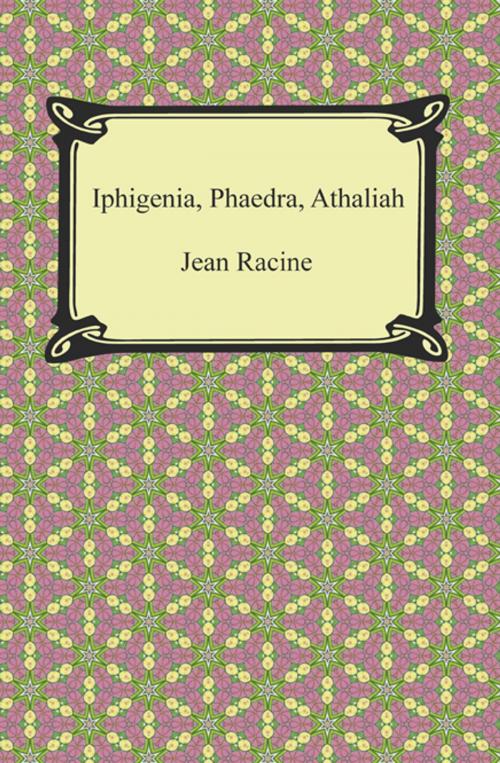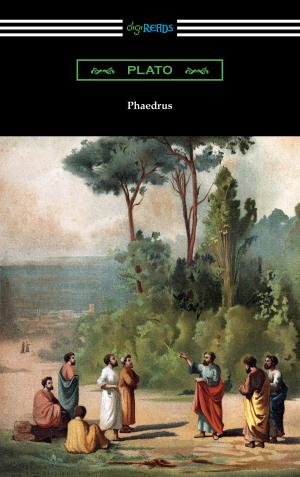| Author: | Jean Racine | ISBN: | 9781420949032 |
| Publisher: | Neeland Media LLC | Publication: | December 15, 2009 |
| Imprint: | Digireads.com Publishing | Language: | English |
| Author: | Jean Racine |
| ISBN: | 9781420949032 |
| Publisher: | Neeland Media LLC |
| Publication: | December 15, 2009 |
| Imprint: | Digireads.com Publishing |
| Language: | English |
The 17th century dramatist Jean Racine was considered, along with Molière and Corneille, as one of the three great playwrights of his era. The quality of Racine's poetry has been described as possibly his most important contribution to French literature and his use of the alexandrine poetic line is one of the best examples of such use noted for its harmony, simplicity and elegance. While critics over the centuries have debated the worth of Jean Racine, at present, he is widely considered a literary genius of revolutionary proportions. In this volume of Racine's plays we find "Iphigenia, Phaedra, Athaliah", three of the most popular of the author's dramas. In "Iphigenia" we find the titular daughter of Agamemnon, King of the Greeks, who must sacrifice his daughter in order to set sail for war. In "Phaedra", we have the classic story from Greek mythology concerning its titular character who though married to Theseus falls in love with Hippolytus. And finally in "Athaliah" we find the biblical story of Athaliah, widow of the king of Judah, who rules the country as Queen regnant.
The 17th century dramatist Jean Racine was considered, along with Molière and Corneille, as one of the three great playwrights of his era. The quality of Racine's poetry has been described as possibly his most important contribution to French literature and his use of the alexandrine poetic line is one of the best examples of such use noted for its harmony, simplicity and elegance. While critics over the centuries have debated the worth of Jean Racine, at present, he is widely considered a literary genius of revolutionary proportions. In this volume of Racine's plays we find "Iphigenia, Phaedra, Athaliah", three of the most popular of the author's dramas. In "Iphigenia" we find the titular daughter of Agamemnon, King of the Greeks, who must sacrifice his daughter in order to set sail for war. In "Phaedra", we have the classic story from Greek mythology concerning its titular character who though married to Theseus falls in love with Hippolytus. And finally in "Athaliah" we find the biblical story of Athaliah, widow of the king of Judah, who rules the country as Queen regnant.















